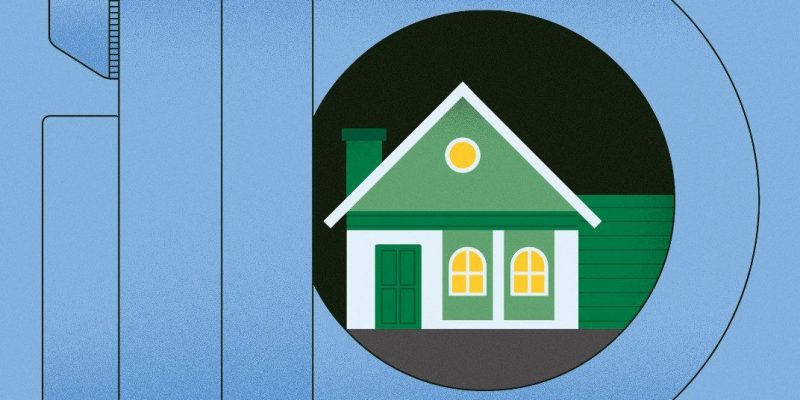Homeowners who use equity release to capitalise on soaring house prices could find their retirement dreams in tatters if prices fall as forecast in 2021.
Property values have soared since the Government said stamp duty would be waived for the vast majority of property purchases until March 31. The rises have persuaded many over-55s that now is the time to cash in, given the widespread predictions that prices will fall once the tax break is removed.
However, experts have warned that many equity release plans include clauses that could prevent borrowers from releasing more money in the future should that happen. Retirement plans could be jeopardised if they are relying on cash being released. Others may be prevented from releasing cash to help their children or grandchildren.
Data published by Nationwide Building Society on Friday showed that house prices had risen by 5.8pc in the past 12 months, the fastest rate for five years. But the Centre for Economics & Business Research has forecast a 13.8pc drop in prices by the end of 2021.
Rising house prices are good news for homeowners who seek to unlock cash from their property. Figures compiled by the Equity Release Council, the industry trade body, showed that the number of loans being taken out had soared since lockdown restrictions were eased in the summer.
Almost £1bn of property wealth was unlocked between July and September, 38pc more than in the previous quarter, as lending levels returned almost to pre-coronavirus levels. More than 10,000 new plans were approved over the summer, the trade body added.
Many of these borrowers will have chosen a “drawdown” plan, which gives them the option of releasing cash as and when they need it. However, they are being warned that clauses in their contracts could leave them unable to withdraw more cash in the future.
Simon Chalk of Later Living Now, an advice firm, said many of his clients were “convinced that house prices are going to drop”, prompting them to release cash today. But he warned that many lenders had clauses in their contracts that could cause major problems in the future.
“The terms and conditions of drawdown are often loosely written so that the lender has wiggle room,” he said. “Some lenders are very transparent and explicitly state under what circumstances they can turn off the tap, such as property prices falling, but others are vague. Some say if the lender exits the market, then that’s it.”
Many of the biggest equity release lenders have clauses that allow them to deny customers access to further funds. LV can remove the drawdown facility from its lifetime loans if the value of the property has fallen. Canada Life will decline any withdrawals if the total balance outstanding exceeds 85pc of the property’s value.
Legal & General’s terms say it may cancel a customer’s drawdown facility if the amount borrowed exceeds what it would offer a new customer and warn that further valuations of the property may be required. Pure Retirement’s contracts say the cash facility can be removed or reduced if the property’s value changes.
Mr Chalk said the lowest equity release rates had fallen as low as 2.2pc and he expected them to fall below the 2pc mark in the coming weeks. Low rates have also persuaded many older homeowners to cash in, he added. However, he said borrowers should not tie themselves into lifetime mortgages unless they truly needed the cash.
“People should not be releasing equity just because it is perceived to be cheap, because many of them are doing drawdown and we don’t know what’s around the corner,” he warned. “Hang in there if you don’t need the money.”
David Burrowes of the Equity Release Council said advisers who sold equity release plans should discuss the impact of house price falls with their customers.
He added: “Reserving the right to limit future withdrawals is a hallmark of responsible lending and the conditions are always clearly set out and explained before a customer takes out an equity release plan.”
Claire Singleton of Legal & General said there were a limited number of scenarios in which it would restrict drawdowns and they largely existed to protect the consumer. A spokesman for LV said house prices falls would not automatically lead to it halting drawdowns and each case would be assessed on its merits. Canada Life and Pure Retirement did not respond to requests for comment.
























Comments